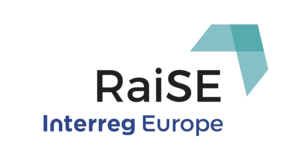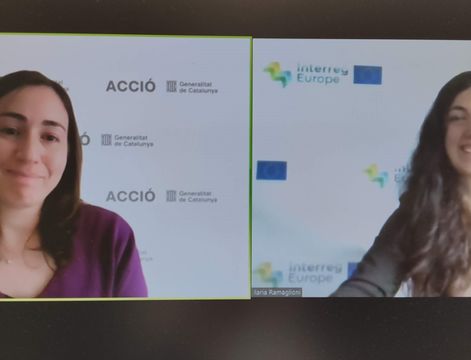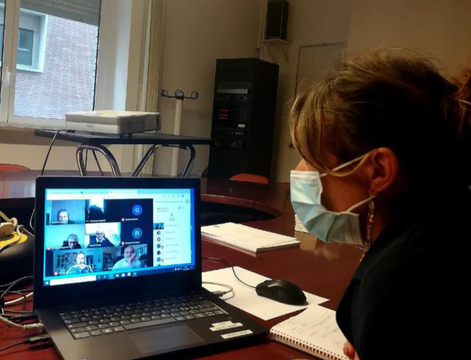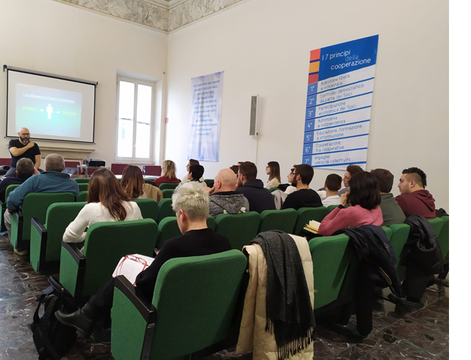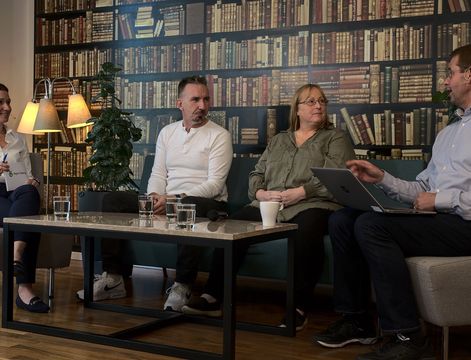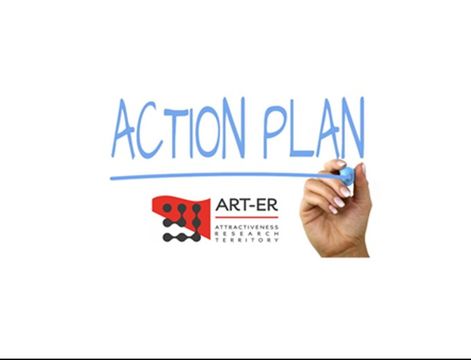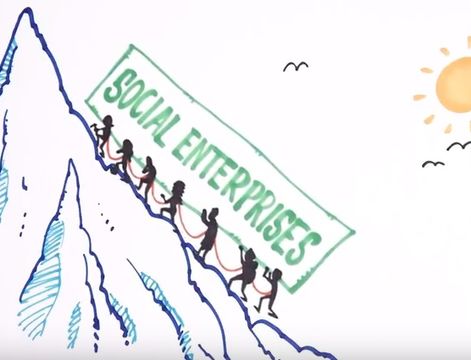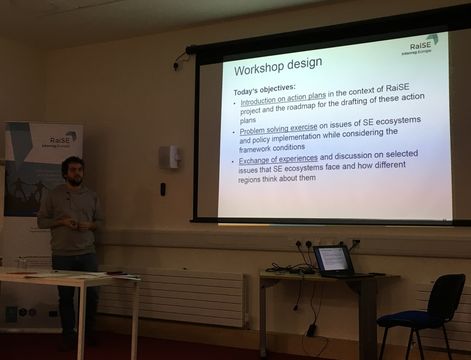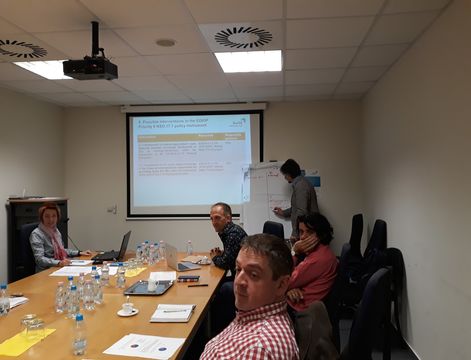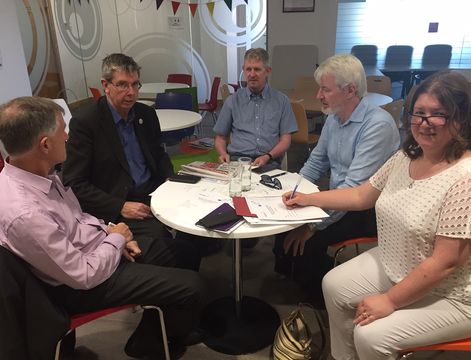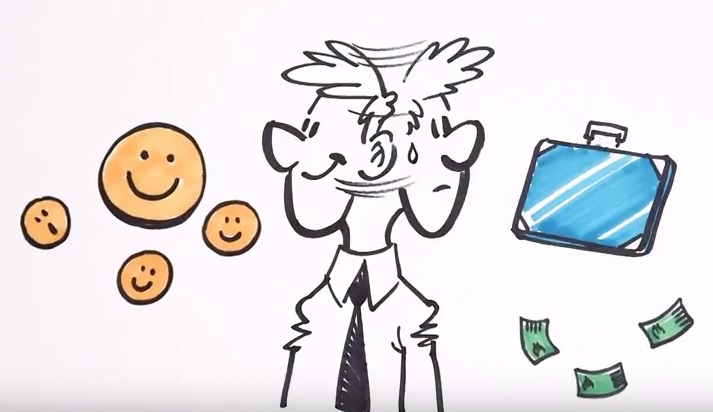RaiSE stimulates a public call for social innovation skills in Emilia-Romagna
Interview with IRECOOP on Cooperative social innovation, one of the 22 training projects approved
Thanks to the involvement of ART-ER and its stakeholders’ group in the RaiSE project, social enterprises of Emilia-Romagna are the main beneficiaries of “skills for social innovation”, a 1,5 million euros public call dedicated to social enterprises competitiveness.
The call, issued by the Emilia-Romagna Region through the European Social Fund (ESF), opened in November 2019 and closed in February 2020.
We had an interesting chat with Sathi Arcangeli, Project manager at IRECOOP Emilia-Romagna, a training center for cooperatives that participated in the call with the project “Cooperative social innovation”.
We discovered that main expectations and needs' analysis of IRECOOP in participating to the call are coherent with RaiSE main issues as identified by the learning process.
How IRECOOP and its beneficiaries consider the call “Skills for social innovation”?
The cooperative sector as a whole have been waiting for this call for a long time. When it has been issued, co-financing was at 80% and our beneficiaries should have contributed with part of their resources to the organization of training courses dedicated to social innovation. The decision of the Emilia-Romagna Region to bring public funding to 100% contributed to arise interest and participation of the cooperatives, but the most interesting aspect of “Skills for social innovation” is the opportunity to organize training activities for single companies, starting from their specific needs. The previous Regional calls on innovation admitted only collective training paths with the double effect to implement non-personalized training activities and forcing companies to join groups of enterprises. Small social enterprises were disadvantaged towards the big ones, instead of now that have the opportunity to better tailor the training to their needs.
Coming to “Cooperative social innovation”, the training project candidate by IRECOOP. Which kind of training activities are included and how do you select them?
Part of the operation has been built within the Coop Up IN initiative, promoted by Confcooperative Emilia-Romagna and financed by the Emilia-Romagna Region with the intention of building tools to activate open innovation processes. Two of the 14 courses that composed the project “Cooperative Social Innovation” are Cooperation as innovation, dedicated to innovative managerial culture and Fundamental elements of social innovation for managers and coordinators that want to better understand social innovation in all its facets. A consistent part of the operation is the result of our collaboration and exchange of information with IRECOOP provincial offices. We tried to give an operative approach to the courses, starting from the most relevant topics for the cooperative sector: social impact evaluation, digital transformation, strategic marketing, fundraising, service design and community welfare.
Finally, together with Confcooperative Emilia-Romagna, Legacoop Emilia-Romagna, AICCON and the School of community cooperatives we though that could be interesting for our beneficiaries to deepen the theme of community cooperatives, which helped to revive marginal areas of the Emilia-Romagna.
How did you identify the needs of your beneficiaries? Can you give us a profile of the participants?
The provincial offices of IRECOOP collected gaps and needs of our cooperatives trough mapping analysis and interviews with managers and representatives. We involved in the training offer 63 cooperatives with different dimensions (46 medium, 10 small and 7 big). Their sizes impact on their needs and interests. In fact, the biggest companies are willing to participate to digital transformation and innovation courses while the smallest shown interest in service design activities and digital innovation. The medium enterprises covered the whole the training offer.
What are your expectations?
From the participation to the call “Skills for social enterprises” we expect to offer useful training paths to our cooperatives with a consequent increase in their awareness on social innovation issues. Besides the creation of new cooperative communities, our goal is to increase the skills in our beneficiaries due to their participation in new and targeted training activities.
We are confident that the participation in training itself and above all the following accompanying activities provided by a consultant is a success and will have a positive impact on managerial skills and, consequently, on improving the competitiveness of small and medium-sized social enterprises.

